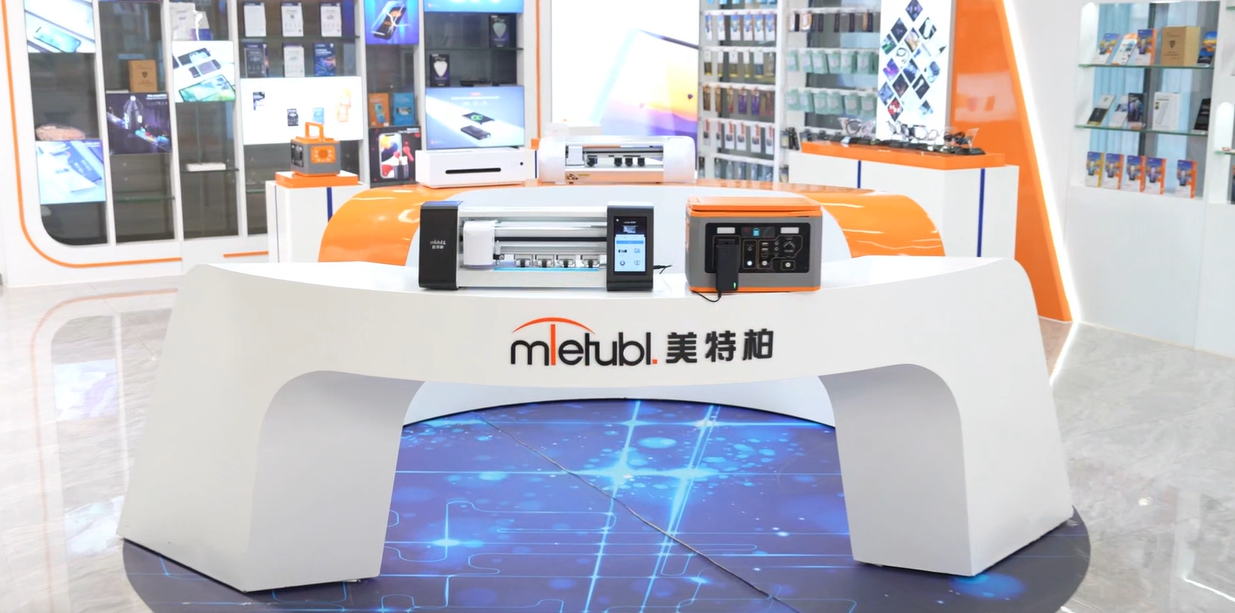
MIETUBL Brand Overview
MIETUBL is a brand originating from China and thriving through China’s intelligent manufacturing. It is committed to providing high-quality mobile accessories and related products to global consumers. Since its inception in 1998, the brand has followed the trends of the times, focusing on resource integration and building a symbiotic and shared industry ecosystem, enabling global consumers to conveniently access quality products that enhance their lives.
By continuously innovating and diversifying its product offerings, MIETUBL has achieved significant success in the mobile accessory industry. As a brand driven by customer value and innovation, MIETUBL has expanded into various product applications while accumulating rich industry experience and establishing a stable customer base. Headquartered in Zengcheng, Guangzhou, the company has strategically positioned itself within the mobile accessory industry, integrating high-quality production resources and aiming for a win-win business model.
Core Values and Development Vision:
-
Customer-Centric: MIETUBL always prioritizes customer needs, continually enhancing product quality and consumer experience through innovation and technological research and development.
-
Resource Integration and Industry Symbiosis: By integrating industry resources, MIETUBL creates a symbiotic, shared industry ecosystem, connecting global distributors and consumers, and promoting mutual growth across the value chain.
-
Global Vision: MIETUBL is committed to bringing Chinese manufacturing to the world, providing global consumers with high-quality, innovative mobile accessories, while offering profitable opportunities for distributors.
MIETUBL’s long-term vision is to continually enhance its products through innovation and quality, establishing “MIETUBL” as a globally trusted brand, recognized in markets around the world.
PRODUCTS
Why Does Tempered Glass with 9H Hardness Outperform Regular Glass?
Enhanced Hardness and Scratch Resistance
The "9H" rating is a key indicator of tempered glass's superior performance. This rating is derived from the Mohs Hardness Scale, a relative scale measuring the scratch resistance of minerals and materials. A 9H rating indicates that the tempered glass can resist scratches from most common substances, including steel knives and keys. Regular glass, often rated around 6H, is significantly more susceptible to scratching. This difference in hardness means tempered glass can better withstand the daily wear and tear of use, remaining clear and free of unsightly scratches for a much longer period.
This increased hardness isn't just about aesthetics; it's also a crucial factor in preventing cracks. Even minor surface scratches can weaken the structural integrity of regular glass, creating points of weakness that can easily propagate into larger cracks under stress. Tempered glass's superior resistance to scratches significantly minimizes this risk, thereby improving its overall durability.
Improved Impact Resistance
Beyond scratch resistance, tempered glass exhibits substantially greater impact resistance compared to regular glass. This is not solely due to its increased hardness, but also a consequence of the tempering process itself. During tempering, the glass is heated to an extremely high temperature and then rapidly cooled. This thermal shock creates compressive stresses on the glass's surface, while the interior remains under tensile stress. This internal stress balance is what makes the glass so resilient to impacts.
When an impact occurs, the compressive surface stresses absorb a significant portion of the energy, delaying the propagation of cracks. Even if the glass does break under a significant impact, it shatters into small, relatively harmless, granular pieces rather than sharp, jagged shards, minimizing the risk of injury. This contrasts sharply with regular glass, which tends to shatter into large, sharp fragments upon impact, posing a significant danger.
Superior Tensile Strength
Tensile strength refers to a material's ability to withstand pulling or stretching forces. Tempered glass possesses significantly higher tensile strength than regular glass due to the compressive stresses on its surface created during the tempering process. This superior tensile strength contributes to its improved resistance to bending and flexing forces, making it better suited for applications where the glass may be subjected to stress beyond simple impact.
This increased tensile strength is especially beneficial in applications where the glass is subjected to repeated flexing or bending, such as in mobile phone screens that are constantly being handled and pressed. Regular glass is much more prone to cracking under such repetitive stress, whereas tempered glass is far more resistant, prolonging its lifespan and maintaining its integrity.
Conclusion
The 9H hardness rating of tempered glass is a testament to its superior performance compared to regular glass. This enhanced hardness, coupled with improved impact and tensile strength resulting from the tempering process, makes tempered glass a significantly more durable and safer alternative. While the initial cost might be slightly higher, the increased longevity, enhanced safety, and superior protection afforded by tempered glass make it a worthwhile investment for applications where durability and resilience are paramount.
SUBSCRIBE
INQUIRY